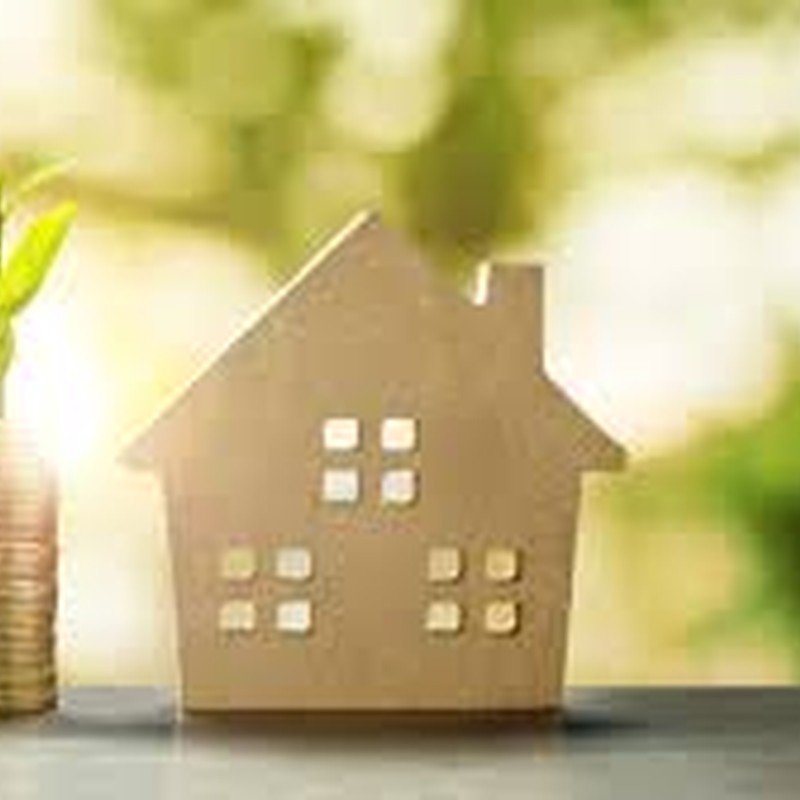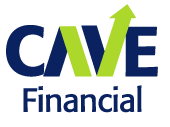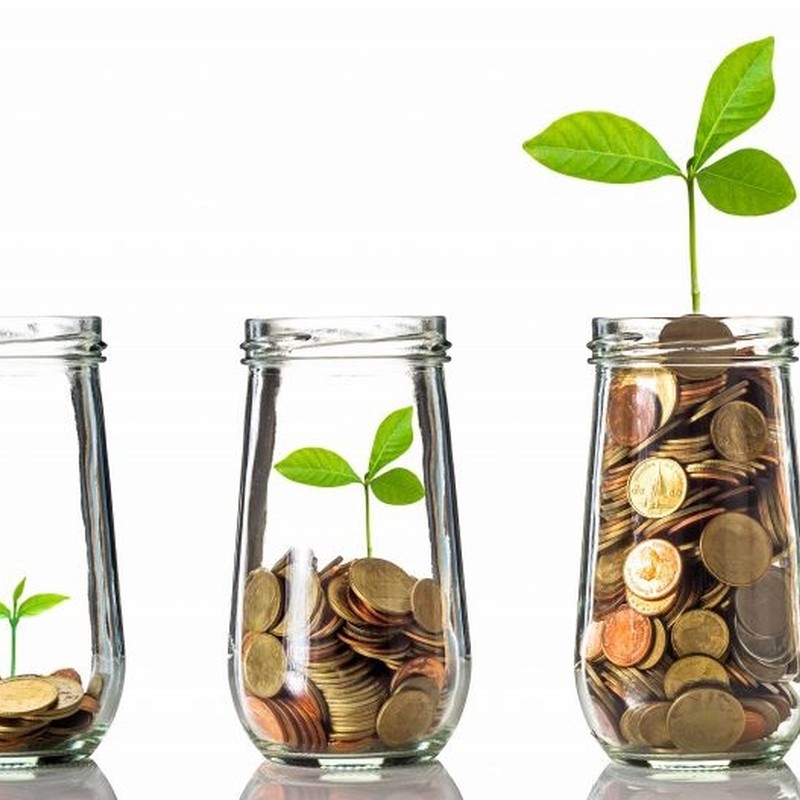Is Property the Best Investment?
Mon Aug. 5th 2019
Kiwis love property. And for those with money to invest, property is often the first choice, for several reasons. If you’ve done your homework and you know what you’re in for, property investment could be just right for you. At a quick glance property investment seems like the best way to invest your money. It often comes with impressive returns, but the complexities can be daunting.
Is property the best investment?
How to make it work for you
Kiwis love property. Although changes in the economy over the last few decades mean fewer of us can afford our own homes, it's still a dream for many. And for those with wealth to invest, property is often the first choice, for several reasons:
Capital gain
The main reason for investing in property is the steady capital gain – the increasing value of property in the market – that makes investing in property look profitable. You might buy a property for $200K today, and at an average of 5% growth in market value, in ten years' time it will be worth $326K. If the property market is 'hot', you might realise a 10% gain – $519K, or even a 15% gain to a whopping $810K.
Those figures make buying property very tempting, especially when you consider the relative volatility of the share market. Property as investment is also attractive in New Zealand because you'll only pay tax on your capital gains if you sell your property within two years of buying it. Of course that may change in the future.
Income from rent
Most people get an immediate and regular return on their investments with rental properties. This gives you more than one bite of the cherry – your investments increase in value long term while earning you an income in the meantime.
It seems like property investment is the way to go – but there are definitely things you need to consider.
What to think about before you jump in
Before rushing into your property investment, it's a good idea to be sure first that it's what will fit your lifestyle. You can't just buy a property, sign up a tenant and expect the money to roll in without any input from you. Property doesn't work that way – it's a big investment that also takes maintenance and attention to keep its value.
Here's the 'down side' list:
Will you need to borrow?
If you don't have a lump sum to buy a property outright (and most people don't), you'll need a mortgage. Do some maths – is your income from rent likely to be more than the interest you'll be paying? Don't forget to factor in the expenses of owning a rental property, too.
If interest rates go up you could be in trouble also. Do the calculations before you borrow, make sure you can easily afford the repayments and still have some left over for other costs, so you don't end up actually losing money.
Does your property need attention?
Rates, insurance, repairs, maintenance – the list of costs gets longer depending on the type of property you buy.
If you're handy and can do most of the management, repairs and maintenance yourself you'll save on tradies' costs, but everything else, including legal fees, will have to be paid for out of your rental income.
Are you ready for the down times between tenants?
People move around a lot these days – they change jobs, shift to other areas, grow families that need more space, or want a smaller dwelling when their children move out. That's why there'll be times when your rental property is empty and not earning rent. That income gap can be a harsh wake-up call for inexperienced investors.
It's a good idea to factor a contingency fund into your costs, so you can not only weather the gap between tenants, but even take advantage of the property being empty to do some disruptive maintenance you've been putting off.
In trouble? How quickly can you sell?
This can be the biggest down side to owning investment propertie. You have a large amount of money tied up in an asset, and there's no guarantee that it will sell quickly, or even return what you paid for it. There are lots of variables, including how many people are looking to buy, what's on the market, and what the interest rates are doing. Even the neighbourhood of your property can affect how quickly it sells and the price you get for it.
Make sure you've put plans in place to avoid having to sell quickly, which could lose you money.
How to be ready for the down side
The good news is, there are things you can buffer yourself against these negatives, and to be prepared for the worst.
Here are some things you can do (and not do):
Don't put all your eggs in one basket
It's an old adage, but also true. Try not to use all your resources to buy property. Keep investing in your KiwiSaver, and consider putting some of your spare cash into stocks or shares. You could also invest in property through a managed fund, which buys commercial properties and private dwellings. That way, you won't need to arrange a mortgage, or be worried by tenants or maintenance.
Let a property manager do the hard stuff
Quite apart from the risks, being a landlord isn't easy. Choosing tenants, collecting rent, managing the gaps between tenants, knowing what tradies to call – all these take time and can be aggravating. Property managers might take a fee, but a good one will keep your property tenanted with good renters, deal with maintenance problems sooner – they're worth the money.
Work out what you can afford
Crunching the numbers before you buy is the best way to avoid getting into financial difficulty. Here's a way to figure out what your property investment is likely to cost, and what income you can expect.
* What are your fixed expenses? Make a list: rates, insurance, regular maintenance like lawn care and gutter cleaning, and most importantly, finance costs. Add fees if you're going through a property manager.
* Don't forget the contingencies! Every property has big, unexpected costs: leaking roof, storm damage, dead water heater, worn-out appliances, internal damage, tenancy gaps and more. If you know the age and state of the property you're considering, and the quality of tenants you're likely to get, some of these contingencies will be more likely than others.
* Add any improvements you intend to make. These might be fencing, a ventilation system or decking – anything that improves the value and attracts good tenants.
Now add up your annual income from rent
Your annual rent figure is based on a tenant living in your property for the whole year. Subtract a percentage of that total – maybe 10-15% – to allow for gaps. Then add up your total estimated costs, and subtract them from your rent.
Do you have anything left? If you end up with a good portion of your rental income after expenses, some of that should be socked away for contingencies you haven't thought of yet – fire, earthquake or another global financial crisis!
Don't forget: landlords have obligations
When you own rental properties, you're running a business that comes with rules to protect your tenants, including installing smoke alarms, and floor and ceiling insulation by July 2019
These are just a few of the rules you need to follow – and there are more. Go to https://www.tenancy.govt.nz/ to find out what your obligations and rights are.
Then there's tax
Rental income is, well, income, and you'll need to declare it and pay tax on it. That includes income from AirBNBs, or a holiday home that you also use yourself. Find out what expenses can off-set that tax – for instance, the interest on your mortgage can reduce your tax bill. Find out all the tax rules on the IRD website here.
Property investment – not for the faint-hearted
If you've done your homework, you're handy with minor repairs and maintenance, and you know what you're in for, property investment could be just right for you. At a quick glance property investment seems like the best way to invest your money. It often comes with impressive returns, but the complexities can be daunting. As long as you don't stretch yourself too thin financially, and you've always got something put by for rare but expensive contingencies, investing in property could be the best decision you ever make.
Want to know more about property investment options? Call us for a chat.

Need our help?
We're here to answer your questions.
service@cavefinancial.co.nz
09 302 7310
1D Roberta Avenue
Glendowie
Auckland 1071
New Zealand



